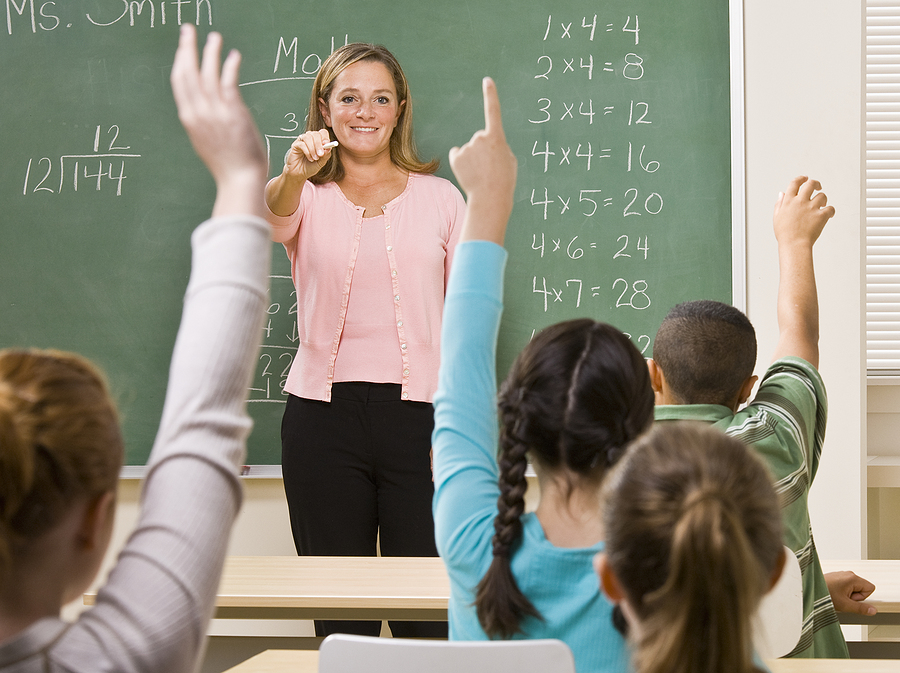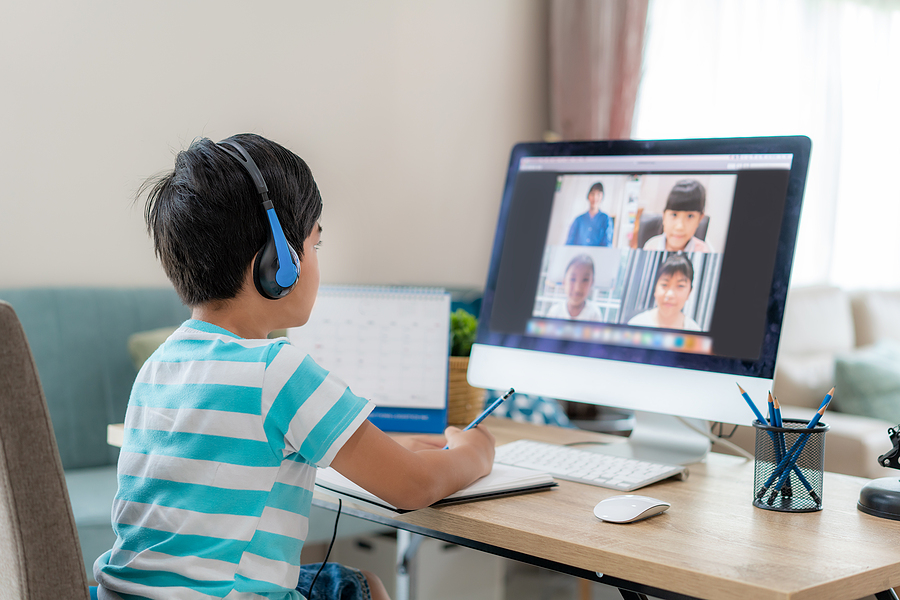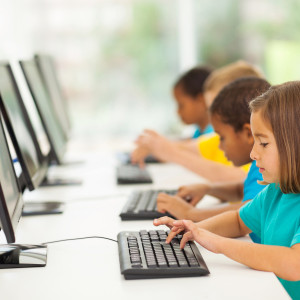A new Commonwealth Foundation study shows that even with record education spending of $23,061 spent per pupil, many Pennsylvania students aren’t learning. In the Keystone State, education spending from all sources—federal, state, and local—reached $38.6 billion in 2023–24. And Pennsylvania taxpayers are kicking even more for schoolkids this year, thanks to a massive $1.1 billion […]




